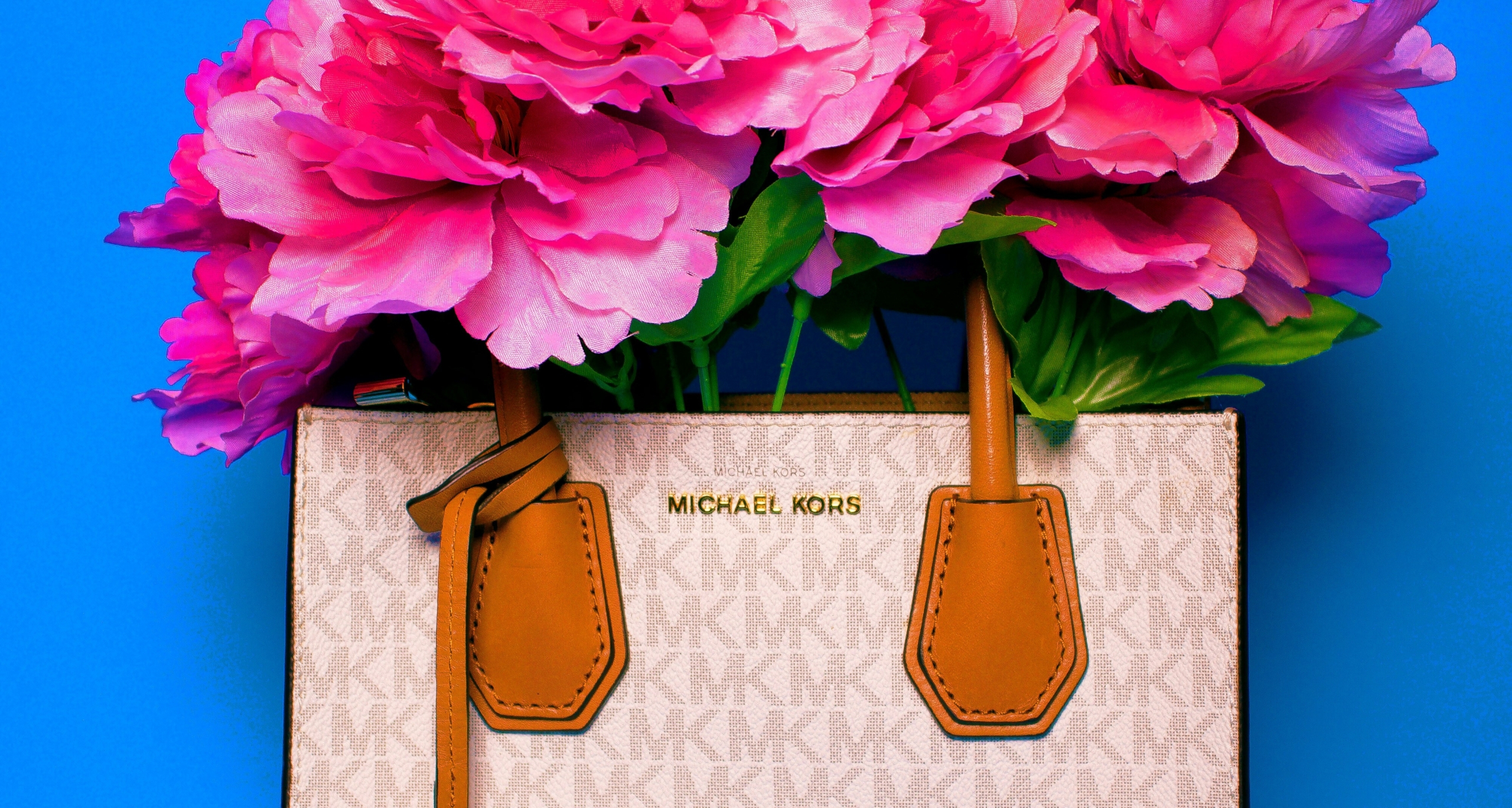
Bag Maker Says Commission Just Doesn’t Get the Industry
The Federal Trade Commission (FTC) filed an administrative complaint to block Tapestry, Inc.’s acquisition of Capri Holdings Limited, a deal valued at $8.5 billion. The proposed merger would combine three major fashion brands: Coach and Kate Spade from Tapestry, and Michael Kors from Capri.
The FTC alleges that the deal would stifle competition in the “accessible luxury” handbag market, a term coined by Tapestry to describe high-quality leather handbags at affordable prices. The agency argues that by eliminating direct competition between these brands, consumers could face higher prices, fewer choices, and reduced innovation. The Commission also alleges the deal would adversely impact hourly workers who could lose the benefits of higher wages and more favorable workplace conditions (In the Matter of Tapestry, Inc. and Capri Holdings Ltd., FTC, No. 9429).
Head-to-Head Competition on Hold
The FTC’s complaint highlights the intense competition between Tapestry and Capri, particularly between their handbag brands – Coach, Kate Spade, and Michael Kors. These brands reportedly monitor each other’s pricing, promotions, and design strategies, leading to a more competitive landscape for consumers.
The FTC argues that the merger would eliminate this “head-to-head competition” on several key factors, including:
- Price: Consumers might see higher handbag prices due to reduced competition.
- Discounts and Promotions: Fewer incentives and promotions could be offered with a combined market leader.
- Innovation: Reduced pressure to develop new and exciting designs could stifle innovation in the handbag market.
Market Domination and Serial Acquisitions
The FTC also raises concerns about Tapestry’s broader acquisition strategy of absorbing other brands, suggesting the Capri deal is part of a larger plan to dominate the industry. Allowing Tapestry to continue as a serial acquirer could not only harm competition but make it more difficult for new brands to enter the market and compete effectively. “Entry and repositioning to counteract the Proposed Acquisition’s anticompetitive effects is not likely, timely, or sufficient. Coach, Kate Spade, and Michael Kors are household names in the United States, scoring as some of the most recognized brands in the fashion industry in consumer research studies. These types of brands do not appear overnight, and more importantly, are not easily scaled ….” the complaint reads.
Potential Impact on Employees
The lawsuit also considers the potential impact on employees. With a combined workforce of roughly 33,000, the FTC suggests that the merger could lead to job losses or reduced wages and benefits for employees.
Tapestry’s Response
Tapestry responded to the suit via press statement: “There is no question that this is a pro-competitive, pro-consumer deal and that the FTC fundamentally misunderstands both the marketplace and the way in which consumers shop. Tapestry and Capri operate in an intensely competitive and highly fragmented industry alongside hundreds of rival brands, including both established players and new entrants.”
The company says it competes for customers who are “cross-shopping a wide range of channels and brands along a vast pricing spectrum” when making buying decisions. “The reality is that consumers have a host of choices when shopping for luxury handbags and accessories, footwear, and apparel, and they are exercising them.” Tapestry and Capri face competitive pressures from both lower- and higher-priced products, the statement continues, adding that the Commission ignores the reality of the “dynamic and expanding $200 billion global luxury industry.”
